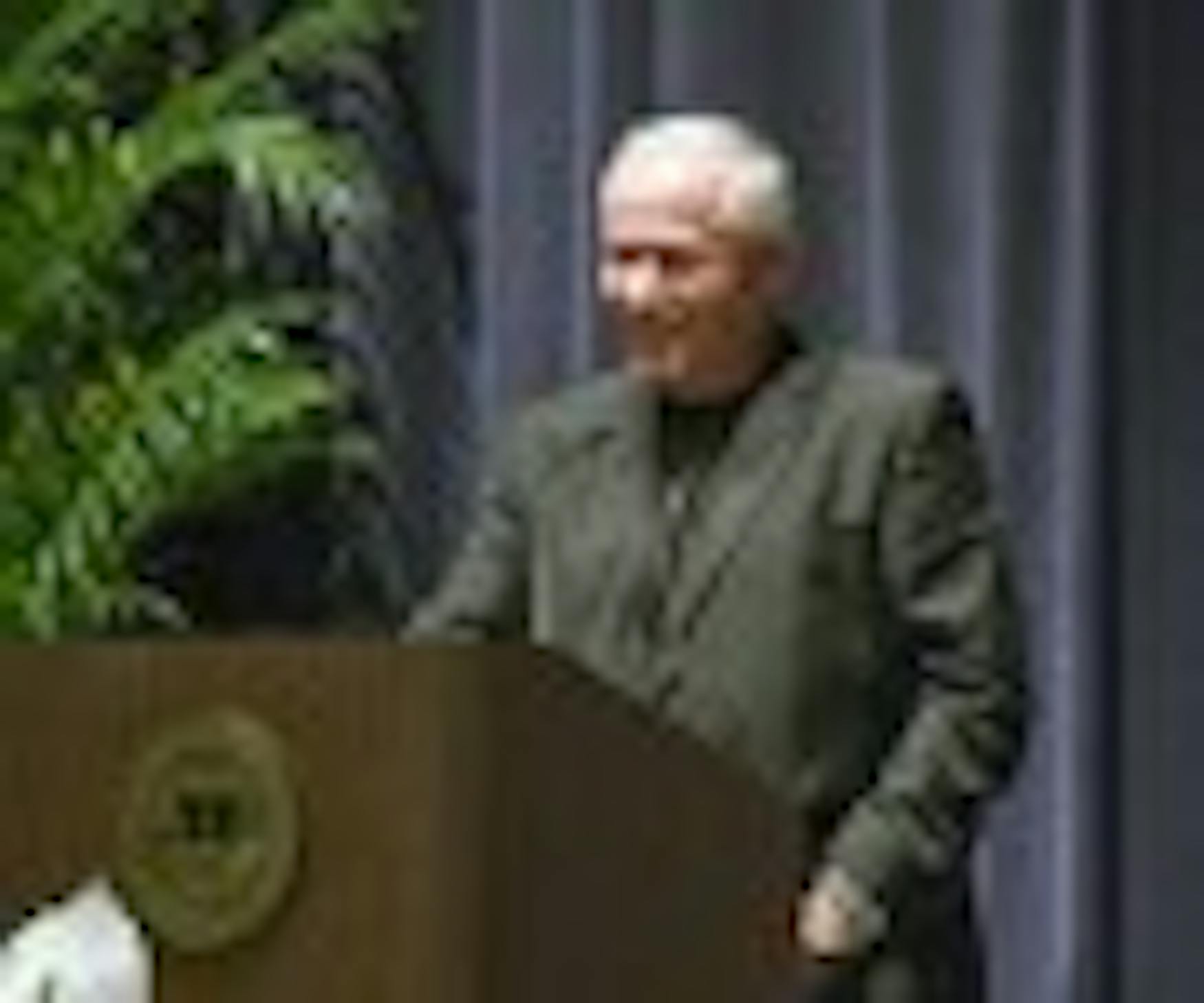Brandeis Students for Justice in Palestine protest contradicted University ideals
As a first-year student, one of the things I noticed as soon as I came to campus was the heated debate on the Israeli-Palestinian conflict that constantly seems to rage. Nearly every week, there has been a new distribution of signs protesting some alleged war crime that one side committed. While I am and have always been decidedly pro-Israel, I have been glad to see a lively dialogue about what is undoubtedly one of the largest global policy issues of our generation. After all, debate promotes learning and engagement, which in my eyes is the only peaceful way the situation in Israel can be resolved.
In the past few months, we have been lucky enough to have esteemed speakers on our campus to discuss Israel and Palestine. Noam Chomsky, a world-renowned linguist and intellectual, came to Brandeis in November and spoke out against the state of Israel.
His speech about Israel was protested by a group of white-clad students who disagreed with Chomsky's message. During Chomsky's speech, they all silently stood up and left the room.
The walkout that took place during Chomsky's speech showed that neither side is willing to listen to the other. This is understandable, as this conflict is extremely emotionally charged.
Last week, however, we had a less-than-peaceful protest occur when six members of the Israeli Knesset came to Brandeis for a question-and-answer session.
About an hour into the event, as Member of Kenesset Avi Dichter was speaking, members of the student groups Students for Justice in Palestine and members of Jewish Voice for Peace stood up and walked out, but unlike Chomsky's protestors, they were in no way silent.
Instead, they shouted insults in both Hebrew and English at Dichter, calling for his arrest as a war criminal and accusing him of "crimes against humanity" that included torture.
Avi Dichter may or may not be a war criminal-I do not think that he is, but that is not the issue here. The issue is instead the aggressive manner in which SJP and members of JVP voiced their grievances with Dichter.
This event presented a unique opportunity for students who take an interest in Middle Eastern politics or global affairs to gain knowledge about those areas. We had six high-profile government officials-who represent a country that comes under constant international scrutiny-here to answer any questions we could throw at them.
SJP and members of JVP could have easily confronted Dichter and the other Knesset members in a far more mature way. By simply asking questions and establishing intelligent discourse in which they could challenge Dichter on his positions, they could have enriched the event for the entire audience. Rather than doing this, the protestors chose to act with brazen immaturity, heckling the Israeli officials and disrupting an important learning experience for the other students.
A university campus is supposed to be a place of higher learning where great minds and ideas meet and enrich one another in a quest for truth even unto its innermost parts.
Having a playground-style shouting match helps no one. Rather than proving themselves as committed activists, SJP and members of JVP have revealed themselves as groups who would rather make a splash and gain attention than promote intelligent and civil discourse.
At first I was optimistic about the nature of these groups. I gave them the benefit of the doubt and believed that they were smart people who had simply arrived at a different opinion than I had. While I disagreed with that opinion, I respected their choice.
Now, however, I see that this particular issue has become toxic to the point that SJP and members of JVP will not only disrespect the opinions of those they disagree with but also stifle the speech of their opposition.
The longer this continues, the more innocent people in Israel, the West Bank and Gaza will die. Instead of allowing this fact to whip us into hysterics, we should realize that it is an impetus to act maturely when discussing the conflict.
Frankly, as students on a college campus thousands of miles away from the Middle East, can we remain civil when discussing this? If we can't, how can we expect the Israelis or Palestinians to do the same?
My proposed solution is simple but surprisingly difficult despite its simplicity: Listen to each other's points, consider them and, most importantly, respect one another. If we can do this, perhaps we can set an example for the rest of the world-or at least stop degrading important learning experiences for other students.



Please note All comments are eligible for publication in The Justice.